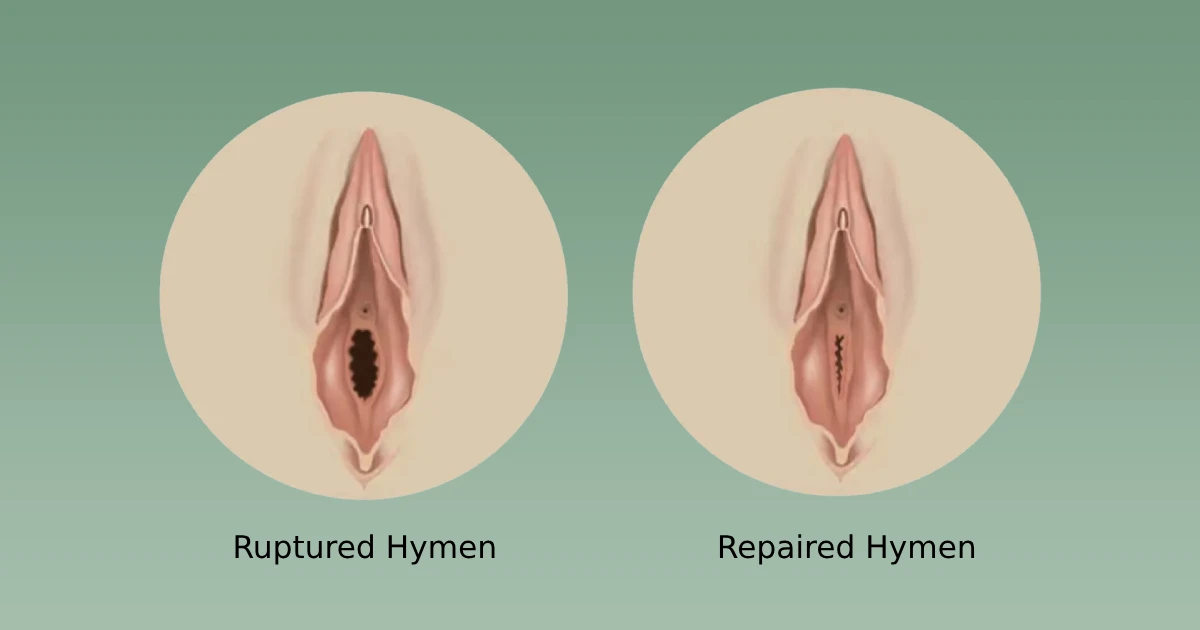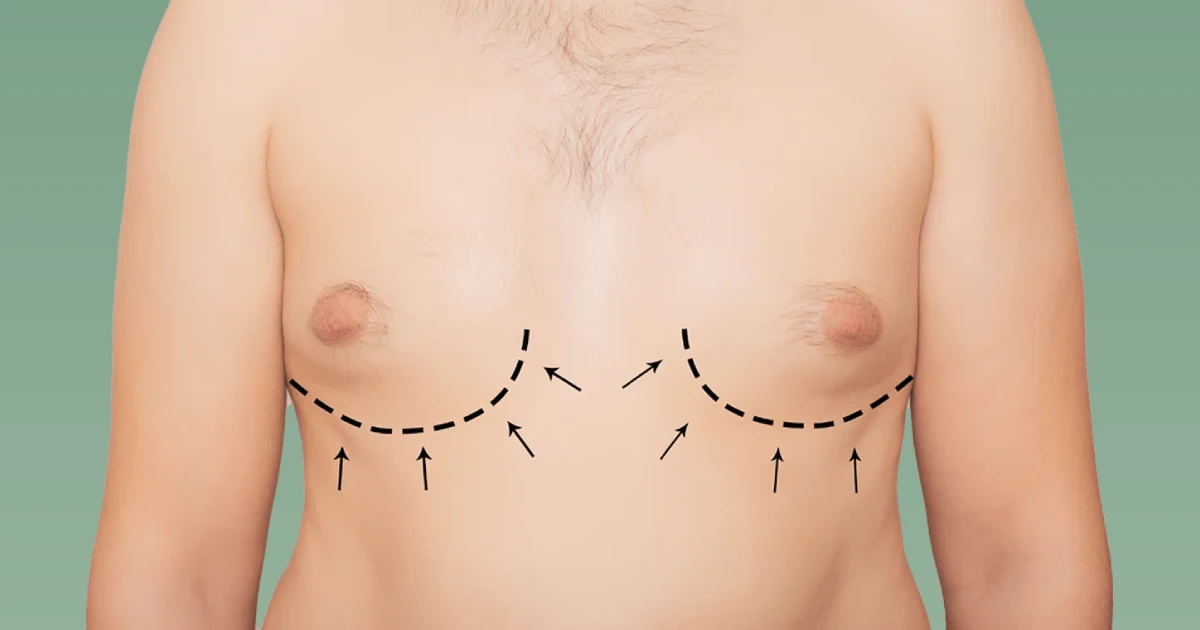
Otoplasty
Otoplasty in Turkey (EAR SURGERY)
Otoplasty, or ear surgery, is a plastic surgery procedure that corrects aesthetic or functional issues within the ear region. The procedure can be used to reposition or reshape ears, and treat structural problems and injury-related deformations.
In Turkey you will find many clinics that offer otoplasty, especially in the cultural capital of Istanbul, Antalya, and Izmir.
WHAT IS OTOPLASTY IN TURKEY (EAR SURGERY)?
The otoplasty in Turkey procedure, also called ear surgery or correction surgery for the ears, is a surgical process. It is designed to change the shape of the ears, or to reposition your ears in order to correct any deformities. The procedure can be used to correct prominent or protruding earlobes, congenital ear defects, or other earlobe concerns.
Children and adults are both candidates for otoplasty. It is usually done for cosmetic purposes, but it can sometimes improve the functionality of the ears.
The following steps are involved in the procedure:
Anesthesia. The age of the patient and his or her overall health are factors to consider.
Incisions. The surgeon makes an incision behind the ear or within the natural crease. This is done to reach the cartilage and skin which must be reshaped.
The surgeon will reposition the ears and reshape the cartilage. Then, reposition the ears to be closer to the head if necessary. In some cases the surgeon will use internal stitches to maintain the shape and position.
Closing of the incisions. Incisions are closed using sutures. A dressing is then applied to the surgical site. The dressing supports the new shape of the ear during the first stages of healing.
Otoplasty has a generally high patient satisfaction rating, but like any surgical procedure it comes with risks and possible complications. You should consult with an experienced and certified plastic surgeon. You should discuss the possible benefits, risks, as well as recovery time associated with an otoplasty.
Why is Otoplasty done
Consider Otoplasty if:
- You can see your ears sticking out from the top of your head.
- Your ears appear to be disproportionately big in comparison with your head.
- You're not happy with the results from a previous ear operation.
- The procedure is typically performed on both of the ears to achieve symmetry. Otoplasty does not alter the position of your ear or your ability to listen.
Otoplasty in Turkey Risks
Otoplasty in Turkey, as with any other type of main surgery, has risks, including the risk of bleeding, infection and an adverse reaction to anesthesia.
Other risks associated with otoplasty include:
Scarring: Although scars are permanent they will likely be hidden behind the ears or in creases.
Asymmetry in the placement of ears: Changes in the healing process could cause this. Asymmetry may also not be corrected by surgery.
Changes in skin feeling: Temporary changes in skin sensation can occur during otoplasty. Rarely do changes become permanent.
Allergic reaction: It's possible to have an allergic reaction to the surgical tape or other materials used during or after the procedure.
Stitches that cause problems: It is possible that the stitches used to hold the new shape of the ear may reach the skin's surface. They will need to removed. This can result in inflammation of the skin. This could lead to additional surgery.
Overcorrection: Otoplasty can produce unnatural contours which make ears appear to have been pinned back.
How do you prepare for Otoplasty Surgery?
You'll talk to a plastic surgeon about otoplasty. During your first visit, your plastic surgeon will likely:
You will speak to a surgeon about otoplasty. Your plastic surgeon may:
Examine your medical history: Be ready to answer any questions you may be asked about your current or past medical conditions. You may be asked about the medications you take or have recently taken, and if you have undergone any recent surgeries.
Physical examination: Your doctor will examine your ear to determine the best treatment option for you. This includes their size, shape, and placement. A doctor might take pictures of the ears as part of your medical file.
Discuss your expectations: Your doctor may ask why you are considering otoplasty, and what results you hope to see. Be sure to understand the risks involved in otoplasty.
If you're an ideal candidate for otoplasty surgery, your doctor might recommend you prepare in advance.
Otoplasty in Turkey Costs
The price of otoplasty varies depending on the surgeon, the procedure and his experience. In Turkey, the cost of otoplasty is lower than in Europe or the USA.
Insurance coverage for otoplasty depends on whether the procedure is a cosmetic one or a reconstructive one. It is important to check the exact policy of your health insurer regarding this procedure. You can also inquire about any required documentation if coverage is provided.
Inquire about the total cost, which includes anesthesia costs, hospital expenses, operating room fees, costs of examinations and second procedure if required, etc.
OTOPLASTY IN TURKEY
Turkey is an attractive location for cosmetic treatments such as otoplasty. Following are the top reasons why people choose to undergo otoplasty procedures in Turkey.
Turkish surgeons are able to create a personalized treatment plan that addresses the needs of their patients and their aesthetic goal. It allows for a more personalized approach to otoplasty.
Pre-surgical consultations are thorough in Turkey and include detailed discussions regarding the patient's goals, concerns, expectations, etc. It is important that patients are well informed about the otoplasty procedures they choose.
Turkey has an excellent reputation as a medical tourism destination. It means that healthcare providers have experience in catering to international patients' unique needs. They also provide travel assistance, language interpretation and coordination of post-surgical care.
Affordability: The cost of ear surgery in Turkey is lower than that of other countries. Low cost surgery attracts patients from abroad.
Postoperative support: Turkeyana and other clinics in Turkey offer comprehensive surgical packages, including postoperative services. This includes follow-up appointment, recovery guidance and access to support personnel. This staff can answer patients' questions and concerns during recovery.
What you can expect Otoplasty in Turkey
Otoplasty in Turkey Before
Otoplasty may be performed at a hospital, or in an clinic.
In some cases, the procedure may be done using local anesthesia and sedation. This only numbs a small part of your body. In some cases, general anesthesia (which renders you unconscious) may be administered before your procedure.
Otoplasty in Turkey During
Techniques for otoplasty vary depending on the correction needed. The technique chosen by your plastic surgeon will determine where to make the incisions, and how long the scars will last.
Your doctor might make incisions:
On the backs of your ears
Within the inner creases of your ears
After making incisions your doctor will remove any excess cartilage or skin. Your doctor will then fold and stitch the cartilage into its proper position. The incisions will be closed with additional stitches.
The procedure takes approximately two hours
Otoplasty in Turkey After
After otoplasty your ears will have bandages to protect and support them.
You will probably feel discomfort and itch. Follow your doctor's instructions when taking pain medication. If your pain persists after you have taken your prescribed pain medication, call your doctor.
Sleeping on your back will relieve pressure from your ears. Avoid rubbing or applying excessive pressure to the incisions. Consider wearing buttoned-down shirts and shirts with loose collars.
After otoplasty your doctor will remove all bandages. Your ears are likely to be swollen. Wear a loose bandana that covers your ears every night for several weeks. This will prevent you from pulling forward your ears when you turn over in bed.
Ask your doctor when and if you will remove your stitches. Some stitches dissolve themselves. Other stitches must be removed at the doctor's in the weeks following the procedure.
Ask your doctor if it's okay to resume normal daily activities like bathing and exercise.
What should be avoided before Otoplasty?
Aspirin and other anti-inflammatory drugs can cause bleeding. Your doctor will likely advise you to avoid these substances.
Precaution to adhere to before Otoplasty
Smoking reduces blood flow, which can slow down the healing process. Smokers are advised to quit before and after surgery.
It's also important to have someone drive you home and stay with your during the first night after surgery. It is important to have support at this time for a successful and safe recovery.
Frequently Ask Questions
Otoplasty, even though it is usually an elective procedure and not a life-changing surgery, still requires a period of recovery. During this time you should avoid strenuous activities like heavy lifting and exercising. Once your doctor has given you the all-clear, you can return to your regular workout routine.
Complications are rare but possible. Izmir Clinic expert and highly experienced plastic surgeons minimize the risks associated with Otoplasty.
After otoplasty surgery patients are not allowed to use soap or shampoo on their head or ears for the first 2-3 days. After approximately three days, or if Izmir Clinic gives the OK, patients can start using soap and/or shampoo on the affected area.
Following your surgery, a large bandage will be applied to your head covering all of your ears. The dressing will apply a lot of pressure. Surgery will result in mild to medium pain.
Results are permanent, However individual experiences can vary.
Treatment Types

Rhinoplasty
Enhance your natural beauty with rhinoplasty, the transformative procedure that refines and reshapes your nose. Achieve symmetry and confidence with personalized solutions tailored to your unique features. Schedule your consultation today and discover the perfect harmony of aesthetics and self-assurance. Unlock your true radiance now!
Cat Eye Surgery
Transform your gaze with canthoplasty, also known as cat eye surgery. Say farewell to droopy eyelids and hello to captivating, almond-shaped eyes. Our skilled surgeons tailor each procedure to your unique features, ensuring a natural and alluring result. Schedule a consultation today and unveil the mesmerizing eyes you've always desired.
Face Lift
Rediscover youthful radiance with a facelift. Bid farewell to sagging skin and wrinkles, welcoming a revitalized, more youthful appearance. Our experienced surgeons tailor each procedure to your individual needs, ensuring natural-looking results that enhance your unique beauty. Schedule a consultation today and embark on a journey to a fresher, more confident you.
Otoplasty
Reclaim your confidence with otoplasty, a transformative procedure that reshapes and repositions protruding ears. Say goodbye to self-consciousness and hello to newfound confidence with ears that harmonize seamlessly with your facial features. Our skilled surgeons provide personalized solutions for natural-looking results. Schedule a consultation today and embrace the freedom to express yourself with confidence.
Forehead Lift
Elevate your confidence with a forehead lift. Bid farewell to furrowed brows and sagging skin, welcoming a rejuvenated, youthful appearance. Our expert surgeons tailor each procedure to your unique facial anatomy, ensuring natural-looking results. Schedule a consultation on Izmir Clinic today and unlock the potential for a smoother, more vibrant forehead that reflects your inner vitality.
Neck Lift
Reveal a youthful neckline with a neck lift. Say goodbye to sagging skin and hello to a rejuvenated, defined jawline. Our skilled surgeons customize each procedure to your individual needs, ensuring natural-looking results that restore confidence. Schedule a consultation with Izmir Clinic specialists today and rediscover a firmer, more youthful neck contour that enhances your overall appearance.
Lip Reduction
Refine your smile with lip reduction surgery. Bid farewell to overly prominent lips and welcome a balanced, harmonious facial aesthetic. Our skilled surgeons tailor each procedure to your unique features, ensuring natural-looking results that enhance your overall appearance. Schedule a consultation today and rediscover confidence in your smile's proportions.
Ethnic Rhinoplasty
Enhance your natural beauty with ethnic rhinoplasty. Say goodbye to nasal features that don't reflect your heritage, and hello to a nose that celebrates your unique ethnicity. Our expert surgeons provide personalized solutions for natural-looking results that complement your facial harmony. Embrace the beauty of your heritage with confidence.
Breast Augmentation with Implant
Transform your silhouette with breast augmentation using implants. Bid farewell to proportions that don't align with your desires and hello to curves that enhance your confidence. Our experienced surgeons customize each procedure to your unique goals, ensuring natural-looking results that harmonize with your body.
Breast Lift
Elevate your confidence with a breast lift. Say goodbye to sagging breasts and hello to a rejuvenated, youthful contour. Our skilled surgeons tailor each procedure to your individual needs, ensuring natural-looking results that enhance your silhouette. Schedule a consultation today and rediscover the beautiful breasts that reflect your inner vitality.
Breast Reduction
Experience relief and confidence with breast reduction surgery. Bid farewell to discomfort and self-consciousness, welcoming a proportionate, balanced silhouette. Our compassionate surgeons tailor each procedure to your unique needs, ensuring natural-looking results that enhance both physical and emotional well-being. Schedule your consultation now with Izmir Clinic.
Mommy Makeover
Rediscover your confidence with a mommy makeover. Say goodbye to post-pregnancy changes and hello to a rejuvenated, vibrant appearance. Our comprehensive approach combines procedures like breast enhancement, tummy tuck, and more to restore your pre-baby body. Schedule a consultation today and reclaim your confidence with a personalized transformation.
Mini Tummy Tuck
Achieve a sculpted abdomen with a mini tummy tuck. Say goodbye to stubborn lower belly bulges and hello to a tighter, toned midsection. Our expert surgeons tailor each procedure to your unique needs, ensuring natural-looking results with minimal scarring. Schedule a consultation on Izmir Clinic today and discover the transformative power of a mini tummy tuck.
Butt Implant
Enhance your curves with butt implant surgery. Bid farewell to proportions that don't align with your desires and hello to a fuller, more shapely derrière. Our experienced surgeons tailor each procedure to your unique goals, ensuring natural-looking results that boost your confidence. Schedule a consultation today and embark on a journey to a more voluptuous you.
Liposuction in Turkey
Refine your silhouette with abdominal liposuction. Say goodbye to stubborn fat deposits and hello to a slimmer, more contoured midsection. Our skilled surgeons use advanced techniques to sculpt your abdomen, ensuring natural-looking results with minimal downtime. Schedule a consultation today and achieve the toned stomach you've always desired.
Hymenoplasty Surgery
Restore confidence with hymenoplasty surgery. Bid farewell to worries and embrace a renewed sense of femininity and privacy. Our skilled surgeons perform this delicate procedure with care, ensuring natural-looking results and discretion. Schedule a consultation today and embark on a journey to reclaiming your confidence and comfort.
Labioplasty Surgery
Rediscover comfort and confidence with labiaplasty surgery. Bid farewell to discomfort and embrace a more balanced, aesthetically pleasing appearance. Our skilled surgeons perform this procedure with sensitivity and precision, ensuring natural-looking results tailored to your needs. Schedule a consultation today and embrace the freedom to feel confident in your own skin.
Vaginal Tightening Surgery
Enhance intimacy and confidence with vaginal tightening surgery. Bid farewell to discomfort and hello to restored tightness and sensation. Our skilled surgeons perform this procedure with care, ensuring natural-looking results and improved comfort. Schedule a consultation today and embrace the empowerment of a rejuvenated intimate experience.
Penis Enlargement Surgery
Enhance confidence and satisfaction with penis enlargement surgery. Bid farewell to concerns and embrace a more proportionate and satisfying size. Our skilled surgeons perform this procedure with sensitivity and precision, ensuring natural-looking results and improved self-esteem. Schedule a consultation today and embrace the potential for a more confident and fulfilling intimate life.
Gynecomastia Surgery
Reclaim your confidence with gynecomastia surgery. Bid farewell to excess breast tissue and embrace a more masculine, sculpted chest. Our skilled surgeons perform this procedure with precision, ensuring natural-looking results tailored to your physique. Schedule a consultation today and regain confidence in your appearance with gynecomastia surgery.


